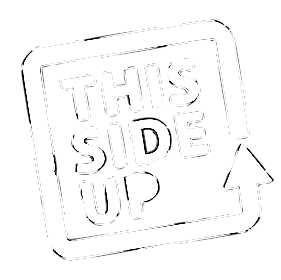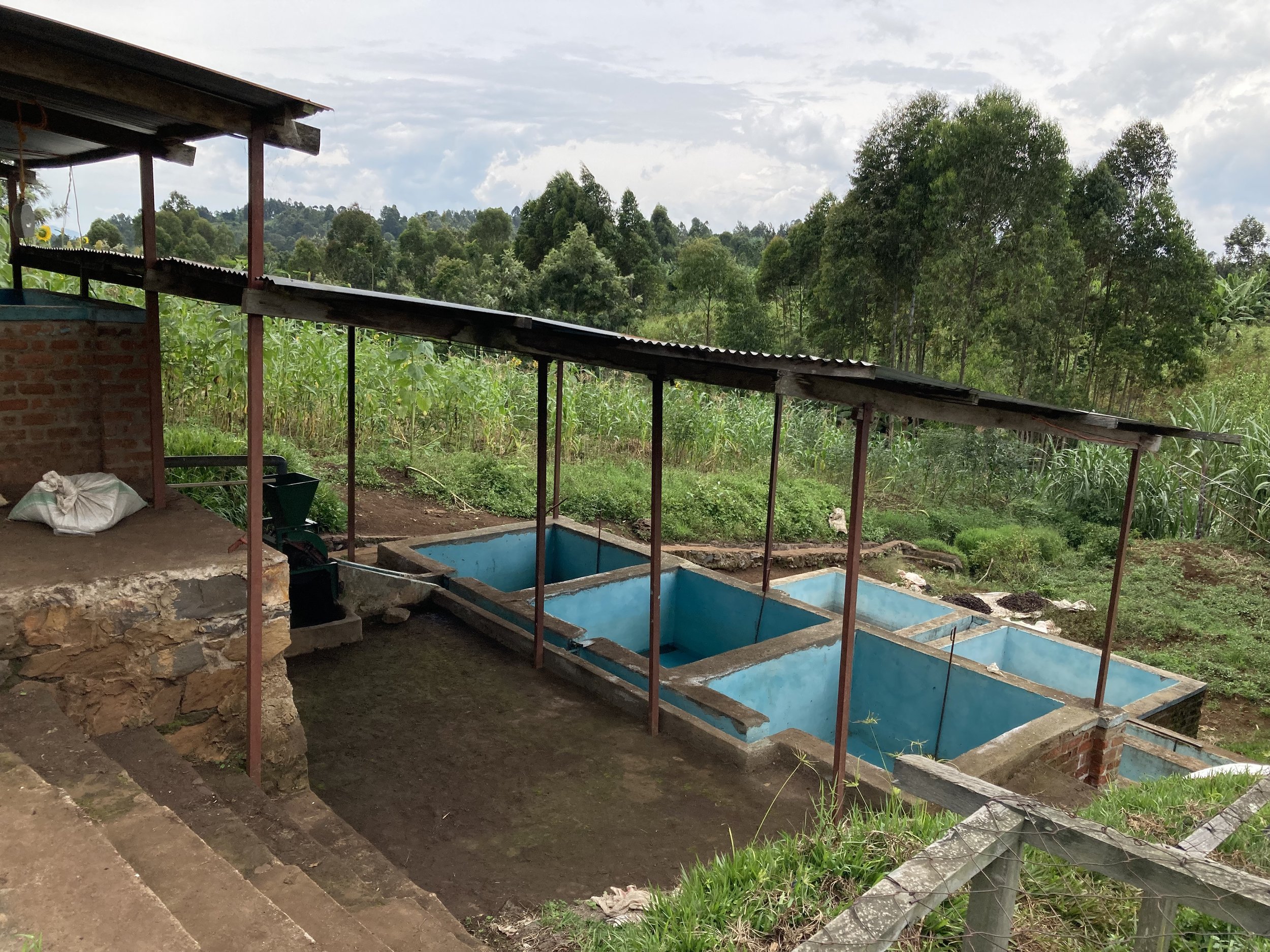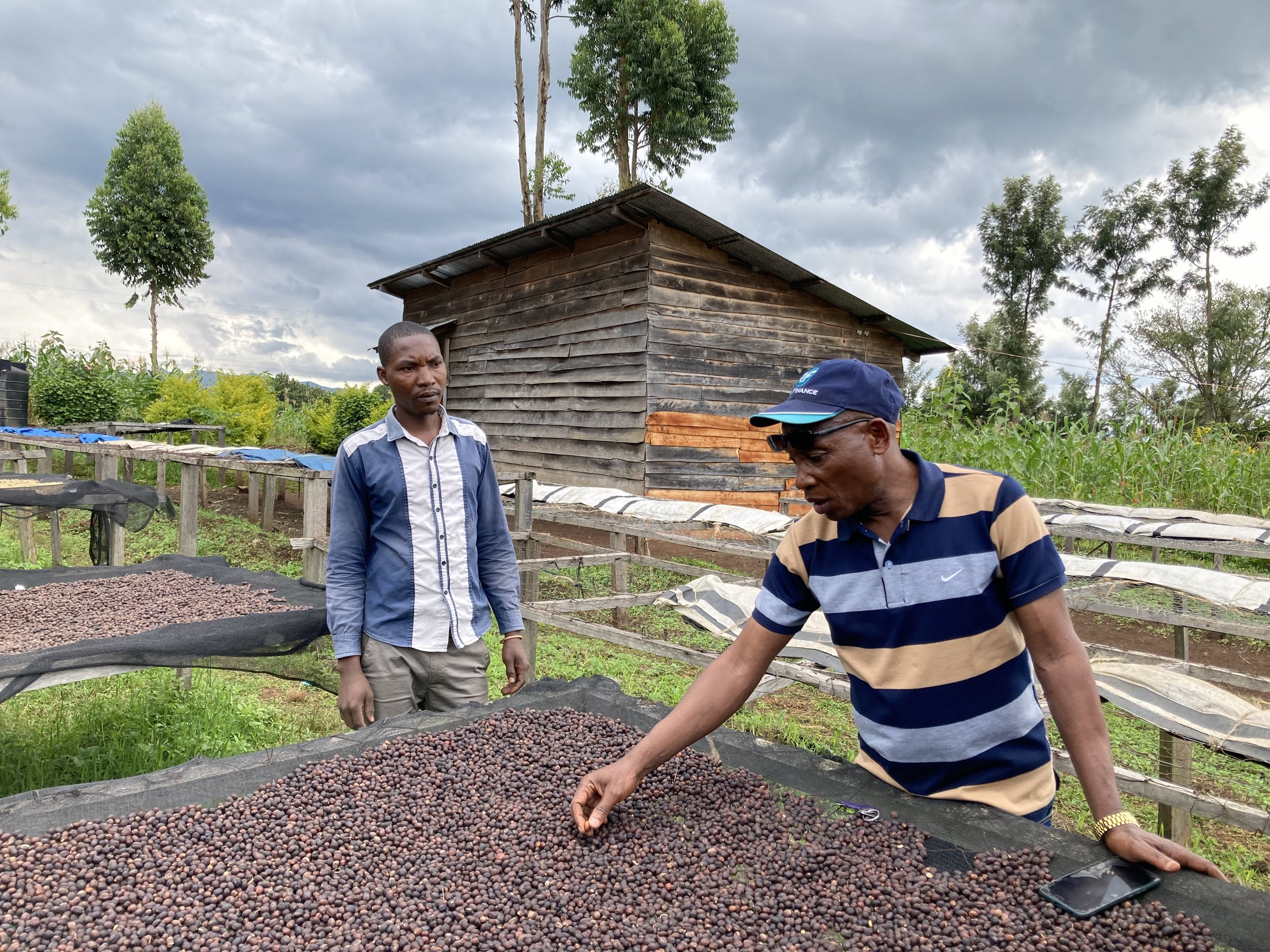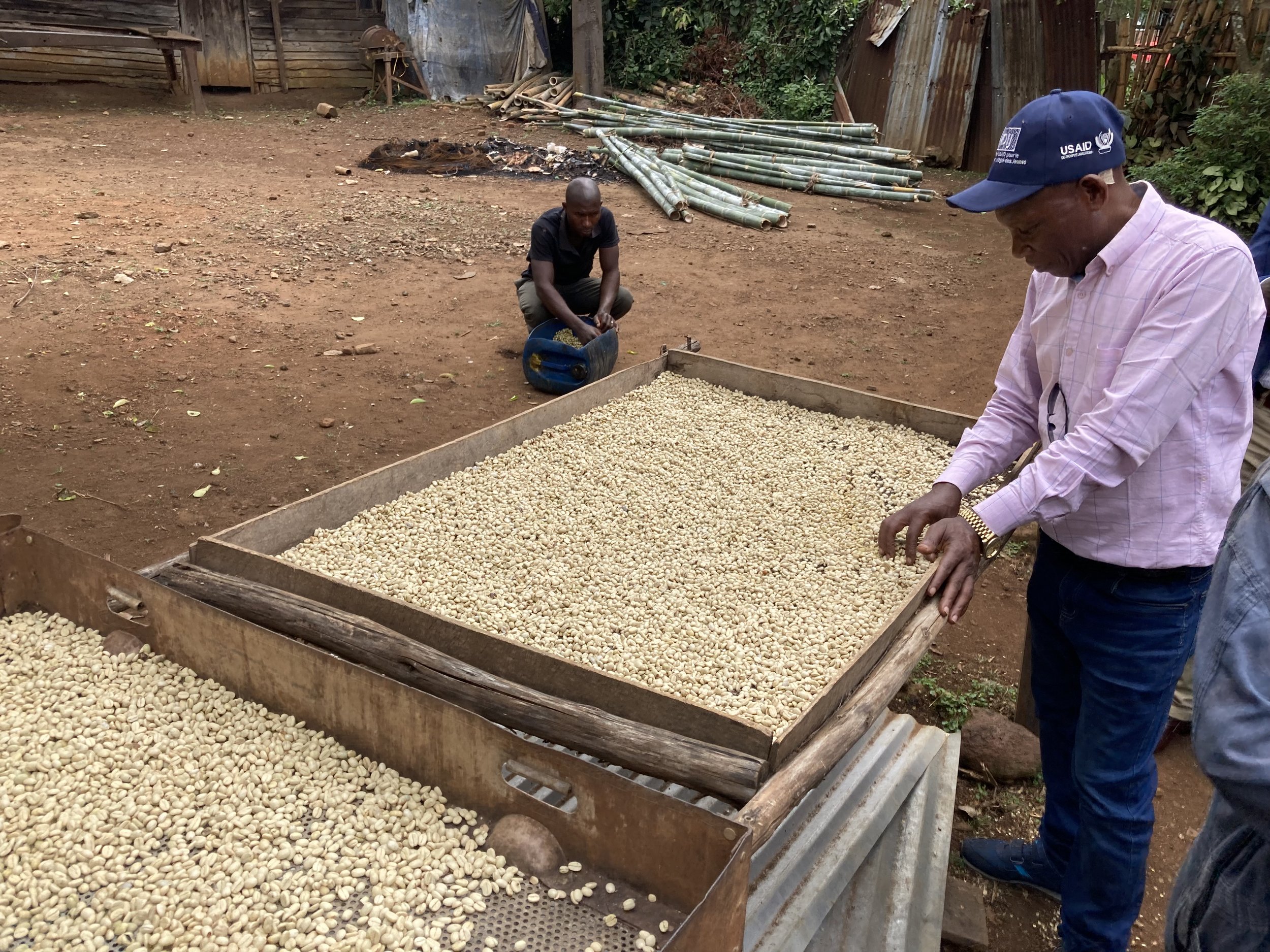THE VILLAGE OF KATANA
Many farmers in the town of Katana have been in coffee for over seven years after giving up on their banana and cassava plantations hit by the terrible welter disease. Coffee proved profitable for villages, mainly when focused on quality. The processing assistance provided by RAEKs' trained agronomists has allowed this group of farmers to increase their quality steadily. Besides offering technological and processing assistance, RAEK provides its members free distribution of school supplies, seeds, coffee seedlings, and shade trees. Also, the women's lot we offer comes from Katana.
CULTIVARS
Arabica JBM (a type of Typica) and Bourbon (Jackson)
ELEVATION
1,400 - 1,800 meters
NOTABLE
RAEK offers technical and agronomical assistance to Katana’s cooperative members and helps them improve their quality. They also provide other kinds of support to their members, such as free school supplies, distribution of seeds, and shade trees. The coffee is organic and certified by Ecocert.
PROCESSING
Fully washed: wet fermented for 12 hours, washed with mountain water, shade dried and pre-sorted, then sun dried on raised beds.
Naturals: first shade dried, then sun dried and consistently turned to achieve the lowest possible amount of defects - after the method used by Abakundakawa Rushashi in Rwanda.
CUPPING NOTES
-
The price you pay for Katana washed and natural p/kg. We agreed on this price directly with the farmers, disregarding the volatile US Coffee C price.
-
The price RAEK pays farmers for their cherries as p/kg price of green (milled) coffee. This includes a second payment which we started distributing from 2022 onwards.
-
RAEK's management, wet-processing costs and export fee + Jambo Safari's dry milling fee.
RAEK exported too low volumes to break even so these costs do not cover their total operating costs. The local interest on financing for the cooperative was about 9% on the farm gate per KG. -
Total overland logistics costs from Goma, Congo to Mombasa, Kenya and shipping costs to Rotterdam.
-
Average financing cost owed to (mostly social) lenders. This ensures immediate payment to the farmers when the coffee leaves the farm or port.
-
A standard TSU premium on all coffees designated exclusively to accelerate farmers’ own regenerative agriculture projects. RAEK created an extensive plan on how to spend this premium, as can be seen here (document in French).
-
This Side Up compensation for spending time and resources importing this coffee. Our work includes year-round contact with producers, managing export, shipping, import, warehousing, grading, sampling, finding and keeping roasting partners for RAEK. € 1,55 is This Side Up’s Model 1 markup. For a full overview of our modular margin construction, see the Trade Models page.
PHOTO GALLERY
You may use these images freely to promote RAEK among your customers.































































